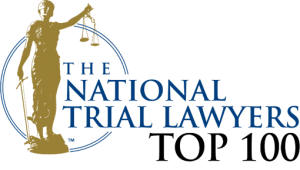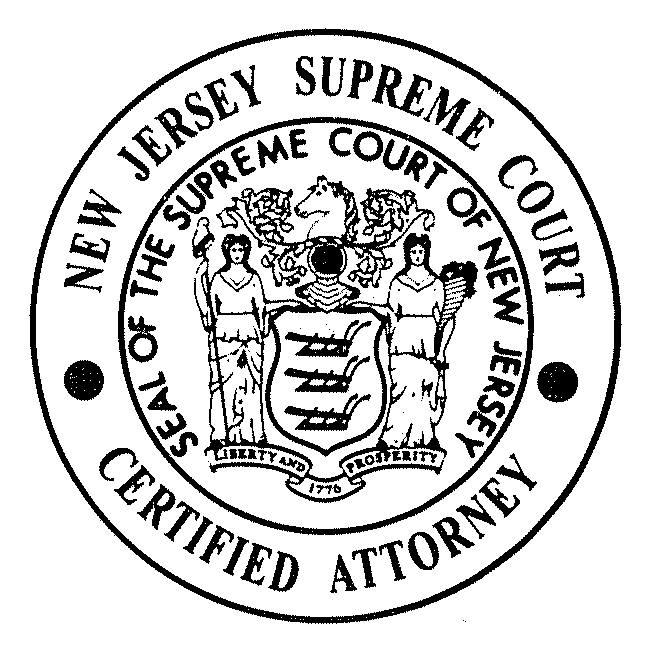When Doctors Fail to Follow Up After False Positive Mammograms
For some women, the idea of going for an annual mammogram is torture. Others see it as a necessary evil. One thing is universal when it comes to mammograms, no woman wants to get that call. The thing is, not all “positive†results are a problem. False positives are common.
A recent study revealed women who get false positive results following breast cancer testing are at a higher risk of developing cancer in the following 10 years. The author of the study, Louise M. Henderson of the University of North Carolina School of Medicine in Chapel Hill, said the increased risk is “modest†but suggests women follow up regularly with their physician.
Whenever a woman gets a positive result from a mammogram, appropriate medical follow-up is critical to possible diagnosis of cancer. If a physician fails to order the proper follow-up tests or the diagnostic tests are not interpreted correctly, the results can be severe. When breast cancer is diagnosed at it's earliest stages, the survival rate is quite good. When doctors fail to properly diagnose cancer in a timely fashion, the result may be medical malpractice.
If you or someone you love is suffering because of a delayed or misdiagnosis of cancer, contact Lombardi and Lombardi for sound legal advice.
The study concentrates on women with “absolute risk,†meaning the risk of chance that a single person will develop cancer – as opposed to the population at large. The absolute risk reported in this study is that there will be one new diagnosis in every 100 women who have received a false positive result on a mammogram.
Further, the story gets a bit more concerning. In the study, some women were given biopsies after the false positive and others were not. For the women who had negative biopsies after an abnormal screening mammogram, there appeared to be a 76 percent higher risk of cancer in the following decade.
Henderson cautions women to act, rather than react to the study results. “We don’t want women to read this and feel worried,” she said, noting women should just consider the information as another risk factor, such as family history of breast cancer, age and breast density.
More than 2.2 million mammograms with false positives were reviewed for the study, which was conducted at many universities in the US. All tests were taken between 1994 and 2009. The results of the study, published this week in Cancer Epidemiology, Biomarkers & Prevention considered women ages 40 to 74.
Dr. Richard Wender, the American Cancer Society's chief cancer control officer, said: “If you’ve had a false positive, that is a risk factor, so it’s very important that a woman stay up to date with regular mammography.”
Contact Lombardi and Lombardi for a free consultation about your medical malpractice case. We will fight for maximum compensation for you.






